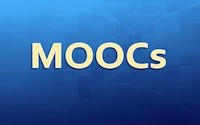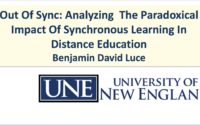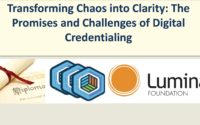
Factors that Influence Student Attrition in Online Courses
Research was conducted to explore predictors for online higher education student attrition. This research was conducted using results from the SmarterMeasure Learning Readiness Indicator to track students in their degree programs. In addition, student outreach was conducted with an experimental group of at-risk students to determine if additional academic support promoted retention. Results demonstrated that […]














